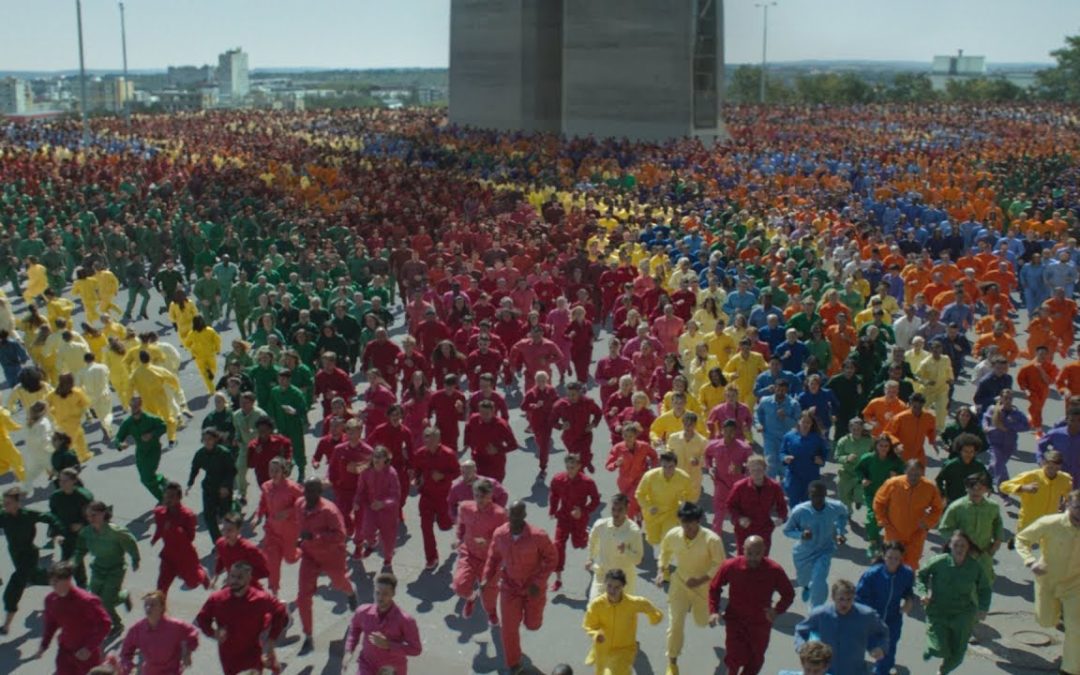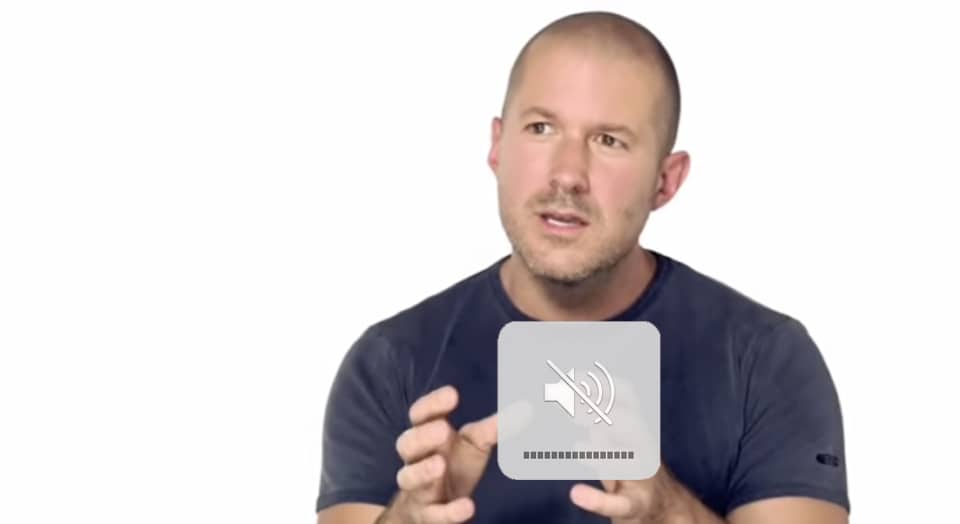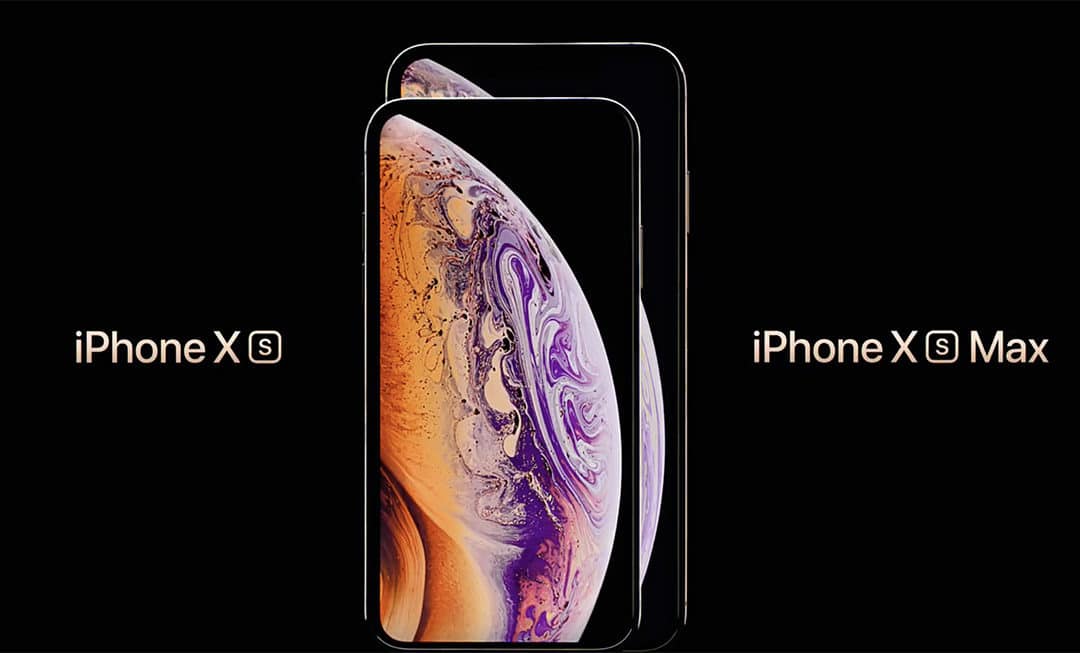
Zinger! Bang! Take that, Android!
Apple ran a witty (and wordy) billboard outside the CES Show in Vegas this week, and it became a news story in itself.
If you’re relatively new to Apple, this sudden burst of verbosity must have come as a shock. You might have thought that the non-headline “iPhone XR” was as clever as Apple gets in a billboard.
Is this a whole new Apple? Or just a temporary lapse of humdrum?
Actually, it’s an echo of an earlier Apple, when headlines would both amuse and inform.
Steve Jobs’ goal was never just to sell a product. It was to build a stronger brand, and headlines were a big part of that.Continue reading…




